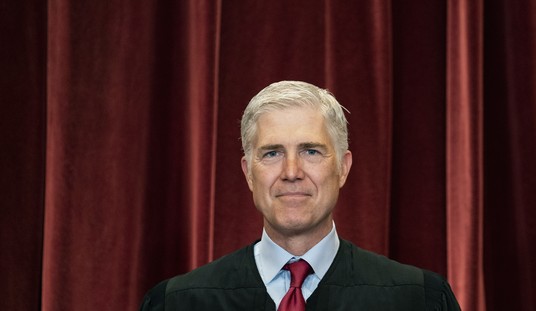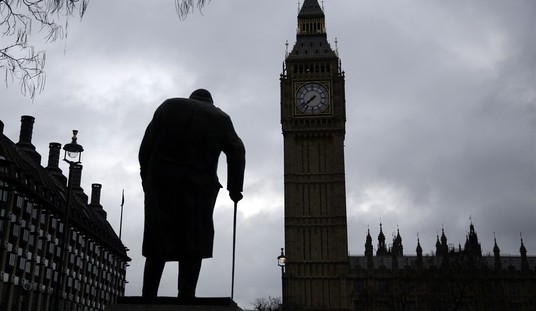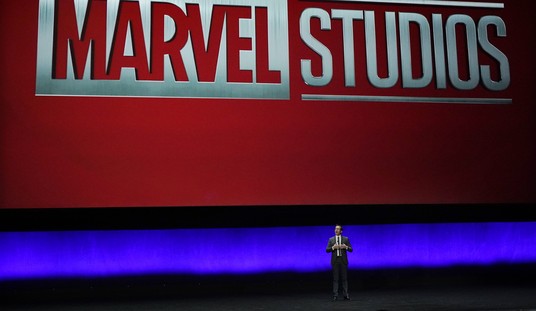Two vignettes about what is wrong with the US rail system. Both involve lousy government oversight of the left’s preferred mode of mass transportation. Here’s the first, in which a rail operator got paid bonuses for on-time service, even though that’s supposed to be part of the operation of a rail line, and in spite of the operator’s worsening on-time record.
In a series of contract changes that were never discussed at MBTA board meetings, the T eliminated and altered penalty provisions that would have cost the Massachusetts Bay Commuter Railroad Company an estimated $32.6 million for late trains and bad customer service from 2003 to the present, according to a Globe analysis. One 2004 change lowered the fine for being at least five minutes late at rush hour from $500 per train to $100; another capped the total penalty for late or canceled trains at $28,125 per month.
“It has been two weeks in a row that the train out of Forge Park hasn’t shown up,’’ complained commuter Henry Savelli of Milford in an e-mail to Mass Bay in November 2008, a month when the company received $345,000 in bonuses for on-time performance on other lines. “Must be nice knowing you have a somewhat captive audience.’’
Then, in 2007, the MBTA added contract language that effectively offset the penalties and the T began paying Mass Bay about $2 million a year in bonuses for trains that did arrive on time, even as customers were complaining that an increasing number of trains were arriving late or not at all.
So rail operators get a sweetheart deal and, because they have a captive audience, don’t really have to perform very well to keep the gravy train going. There has also been a revolving door as managers move between the MTBA and the contractor. Nothing corrupt about that!
Unions have also made sure the other end of rail operation, the personnel who actually run the trains, get to live large working for the New York area’s Metropolitan Transit Authority.
For the second consecutive year, more than 10 percent of the MTA’s workforce – 8,074 individuals – took home $100,000 or more in total pay, including overtime and other extra pay. The MTA’s six-figure club included:
- Six employees who earned more than $250,000;
- 44 employees who earned between $200,000 and $250,000;
- 511 employees who earned between $150,000 and $200,000; and
- 7,513 individuals who earned between $100,000 and $150,000.
Eleven of the 561 employees who earned more than $150,000 in 2009 were Long Island Railroad car repairmen who earned an average of $167,342 – which was $102,477 over their annual base pay rate of $64,865. Other popular titles in the $150,000-and-over category included:
- 65 Long Island Railroad and Metro-North Railroad conductors who averaged $86,837 over their base salaries which averaged $75,970;*
- 53 Bridge & Tunnel Sergeants and Lieutenants who averaged $94,962 over the average base pay of $82,594;
- 34 Long Island and Metro-North Railroad engineers who averaged $89,109 over their $77,953;*
- 28 MTA police officers; and 23 Long Island Railroad gang foremen averaging $81,718 over their base pay rate $82,249.
Union rules make it possible for a worker who is already making a very good salary to pad it with overtime that can effectively double or even triple those salaries, and all ultimately at taxpayer expense.








Join the conversation as a VIP Member